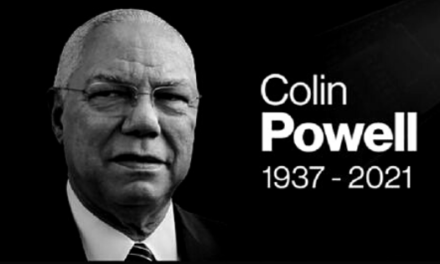I recall when I first started attending networking events, like most of us, I was full of big ambitions and high expectations. The gatherings I joined were high caliber events, typically attended by large numbers of business professionals from a variety of industries. These events seemed like great opportunities for an up-and-coming sales professional such as myself. In fact, I believed every person I met could be a potential sale, or an introduction to a potential new corporate client. I envisioned myself meeting everyone in the room, grandly sharing my business elevator pitch, and basking in the spotlight as everyone fought for my attention and honor of how they could assist the great Greg Brinkley with his wants and needs.
Reality immediately killed this vision. As you can imagine (equipped with no game plan other than arrogance) I was terrible at networking. I found networking events awkward, intimidating, and often a waste of time. If I was not required to attend several events each month as a metric for work, I would have ceased attending them all together. My results spoke for themselves. Honestly, there were no results at all. I found myself generally standing around hoping someone would come speak to me, or timidly listening in on conversations held by other groups. If I attended an event with a friend or colleague, we would spend most of our time in the comfort zone of speaking with each other before deciding it was time to leave. Sure, I’d meet a few people at each event, but our conversations were mostly flat, dull, and uninteresting. If I succeeded in holding a legitimate conversation after a few drinks of courage, I spoke only of myself and my interests. I had begun my networking journey as an ambitious young professional and transformed into a shy and unconfident wallflower.
Fortunately, after many years of networking trial and errors, advice from seasoned professionals, and several great books on the subject, I learned how to effectively network and enjoy myself at the same time. So much so that I now attempt to schedule a networking event each week, and I truly love the opportunity to meet new people. If you are wondering what I did to “win at networking,” I’ve shared 7 actionable items below.
1. Introduce yourself to the host prior to the event. Whether it’s via email or phone call, if you don’t know the host, briefly introduce yourself and let them know who you are any why you’re attending their event, and share that you’re looking forward to meeting them and other interesting people. If you can’t connect before the event, seek them out quickly when you arrive. The host will know most of the people attending the event and will seamlessly connect you with people who might mutually benefit from an introduction. You will immediately meet people in the room.
2. Arrive at the event the mindset of “What can I do for the people I meet?” not “What can the people I meet do for me?” Nothing makes people like you faster than taking a sincere interest in themselves. Ask questions related to their work, passions, and interests. Ask how people can help them obtain their goals. When you exchange information, take a note on how you might be able to help them in the future, even if it’s just and introduction or connection. Don’t worry about your needs and interests. With this approach, if executed with sincerity, people will reciprocate. People like to help people who help them first.
3. Develop a goal to make a few quality connections. You are more likely to develop a strong mutually beneficial relationship with someone you’ve invested a sincere conversation, and they are more likely to connect you with opportunities in the future. Don’t be concerned with briefly meeting everyone at the event.
4. Develop and memorize ice breaking questions. Most people attending networking events feel awkward and a little unprepared, so play the leader and help people engage. Some examples of simple questions include:
“What brings you to this event tonight?”
“How do you know the host?”
“What do you enjoy most about your work?”
“What are some of the biggest challenges with your work?”
“What are a few ways people can help you with your work?”
“Outside of work, what are you really passionate about?”
“If you could pick your all time dream concert of any 3 musicians, dead or alive, who would you choose?”
Often, people will ask you the same questions in return, so prepare your answers accordingly.
5. Do not monopolize other people’s time. No one likes the person who corners people in a never-ending conversation. Let people have their space, and know when to wrap up a conversation. If you find yourself cornered by someone else, politely introduce the person to someone new.
6. Leave with a next step. Whether it’s providing an introduction to someone in your network who can help your new contact, or perhaps a simple email or Linkedin connection request stating you enjoyed the meeting, this will show your new contact their time was valuable. Ask how you can help them in the future. Feel free to share how they can help you as well. If there is a mutually beneficial opportunity to explore, reach out to schedule a meeting.
7. Organize your contacts. Use a social media platform like LinkedIn, a CRM database, or a simple Excel sheet to document your contacts. In addition to their contact information, include basic details of the contact including their roles, interests, industry, and how you might offer help.
By following these 7 steps consistently, you’ll develop a network of people you can help, who also respect you, admire you, and can help you because you took a sincere interest in their life and work.
What networking tips do you recommend?
LiveTPG





